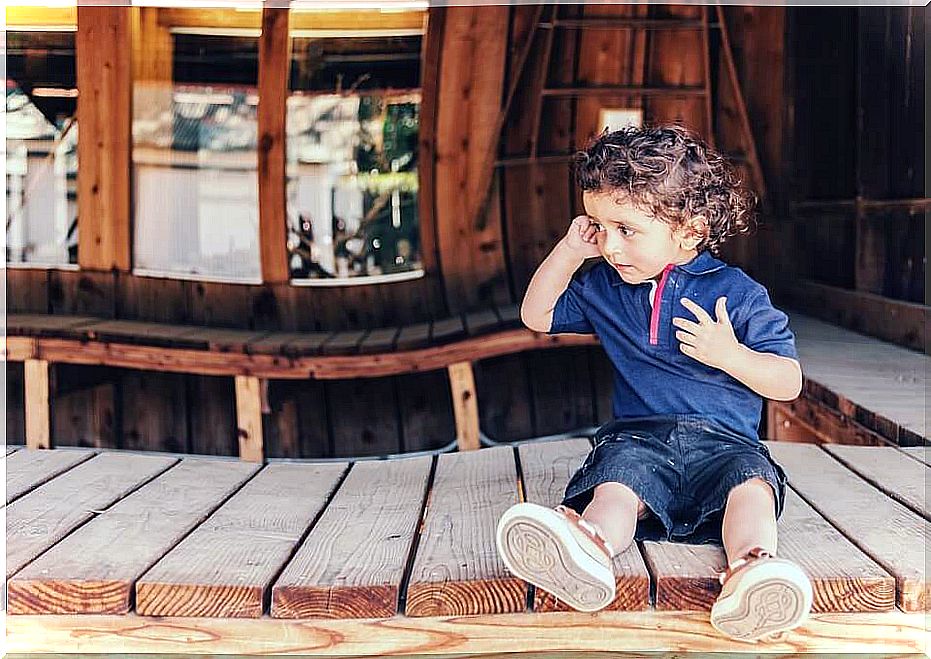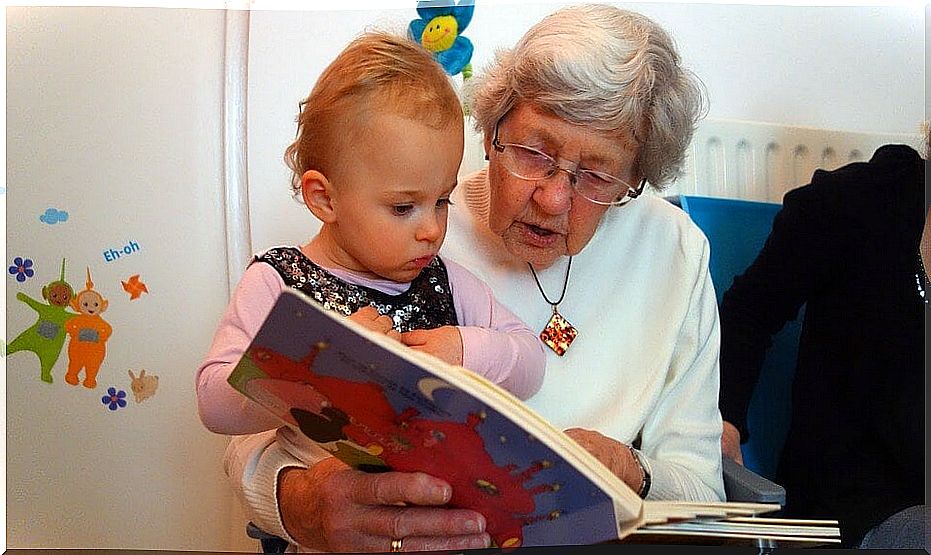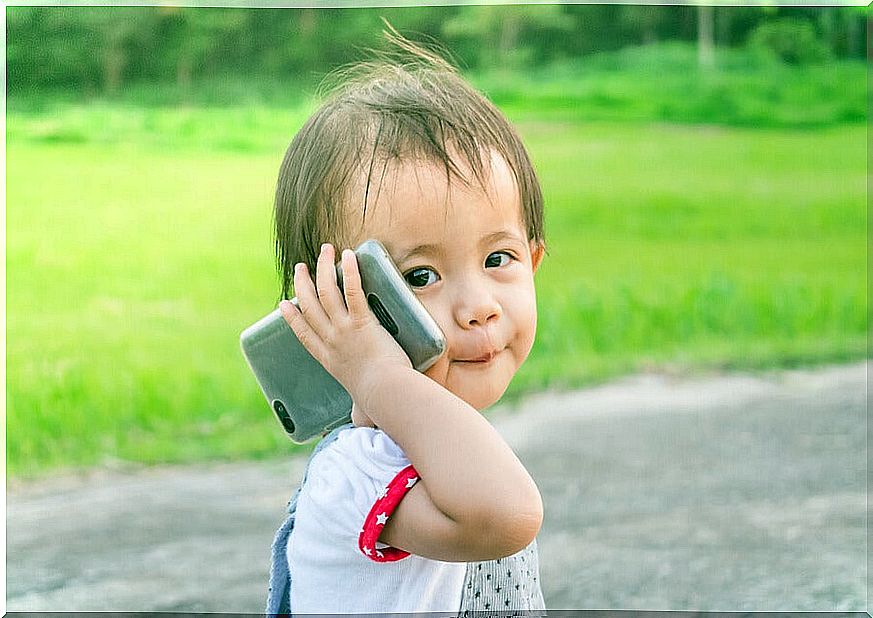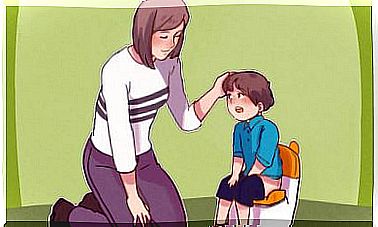My Son Still Does Not Speak

Your son is two years old and still not speaking. Many children in your class in kindergarten or your closest environment already do it and you begin to think that it is not normal that they still do not speak. Although it is logical that you are worried, you have to bear in mind that many children take longer to speak. We will tell you in the following article what is the normal development of language in babies and when you have to worry if he still does not speak.
Each child has his own rhythm
If you pay a little attention to your surroundings, you will realize that each child begins to walk at a different age. Also that there are some children who previously crawl and others do not. And the same happens with language because each child has their own rhythm when speaking. As in any aspect of development, in the acquisition of language each child has his own rhythm.
A baby begins to pronounce his first words between 10 and 13 months. Normally he only pronounces simple words related to his basic needs or his environment. For example, most boys and girls at that age already say words like daddy, mommy, cat, dog, bread or water.
Normally at 18 months, boys and girls have already acquired between 50 and 100 words and by 2 years they already handle between 400 and 600 words. But we return to tell you that each child has their own rhythm and some will speak before and others after.

A delay: your child still does not speak
It is often said that a child is slow to speak when at 2 years he does not produce two-word sentences. Normally it is an immaturity problem that will be solved over time, but you should mention it to your pediatrician for guidance.
Already at 18 months we have to determine if the child prefers to communicate through gestures rather than vocalize and express himself through speech. For example, if the child prefers to point to the objects he asks for rather than vocalize his name. Sometimes it is simply a problem of comfort for the child because he knows that in his environment they will provide what he needs with a simple gesture, but tell your pediatrician about it.
You can also have problems if at that age you are unable to create spontaneous sentences and only imitate the words you hear in your environment. Another symptom of a problem may be that the child does not understand simple instructions.
It is important that we consult with the pediatrician if our 3-year-old son has an alteration in the organization of language. This occurs when the child is able to pronounce isolated sounds and groups of sounds, but has difficulty forming words with them.
All these symptoms when your child still does not speak you should consult your pediatrician as soon as possible. But don’t worry, most babies who start talking late eventually catch up early and don’t have any language delays.

Stimulate language
If we are concerned because we do not see a normal development of the child in this matter, at home parents can do exercises to stimulate language. For example, we can try to repeat everyday words that they do not pronounce or read stories adapted to their age so that they will notice the words.
Or tra good technique to stimulate their language is much talk to children in a loving way every time we will perform a different activity. For example when changing diapers, feeding him, going out to the park or playing with him. We can go on explaining what we are doing: “Look, I’m going to make you the fruit porridge” or “Now I’m going to dress you to go to kindergarten.”
Also very useful are picture books that, thanks to the voice, relate words to pictures, or apps to learn words. And the best thing is that we read with them stories every day that arouse their curiosity about words by relating them to images or drawings.
But if we notice that our son or daughter is not making progress in acquiring language, we will have to go to the specialist. You may have hearing problems, a speech disorder, or another medical problem. Babies who carefully observe their surroundings but do not react to sound may have hearing loss or hearing loss.









